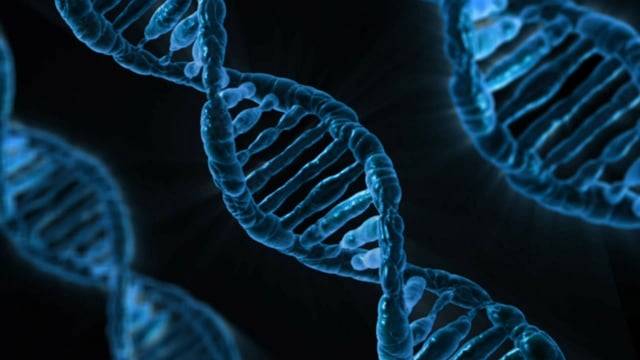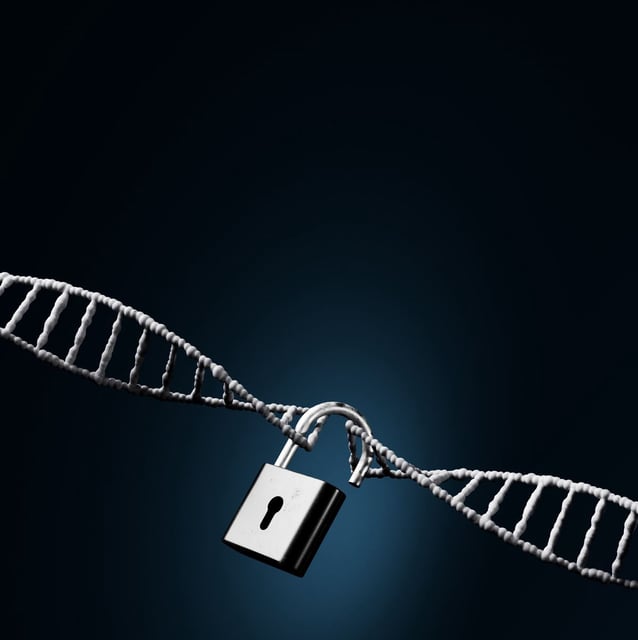Overview
- Modern humans are the result of a population split 1.5 million years ago and a reconvergence 300,000 years ago, leading to genetic mixing between two groups.
- One ancestral population contributed 80% of the modern human genome, while the other provided 20%, with key contributions to brain function and neural processing.
- The population contributing the majority of the genome experienced a severe bottleneck, shrinking significantly before recovering over a million years.
- The study utilized the Cobraa algorithm to analyze modern human DNA, bypassing the need for ancient remains and reconstructing ancient population dynamics.
- Researchers suggest the findings could have broader implications for understanding evolution, highlighting the role of interbreeding and genetic exchange across species.


